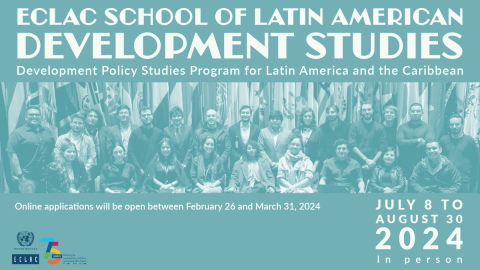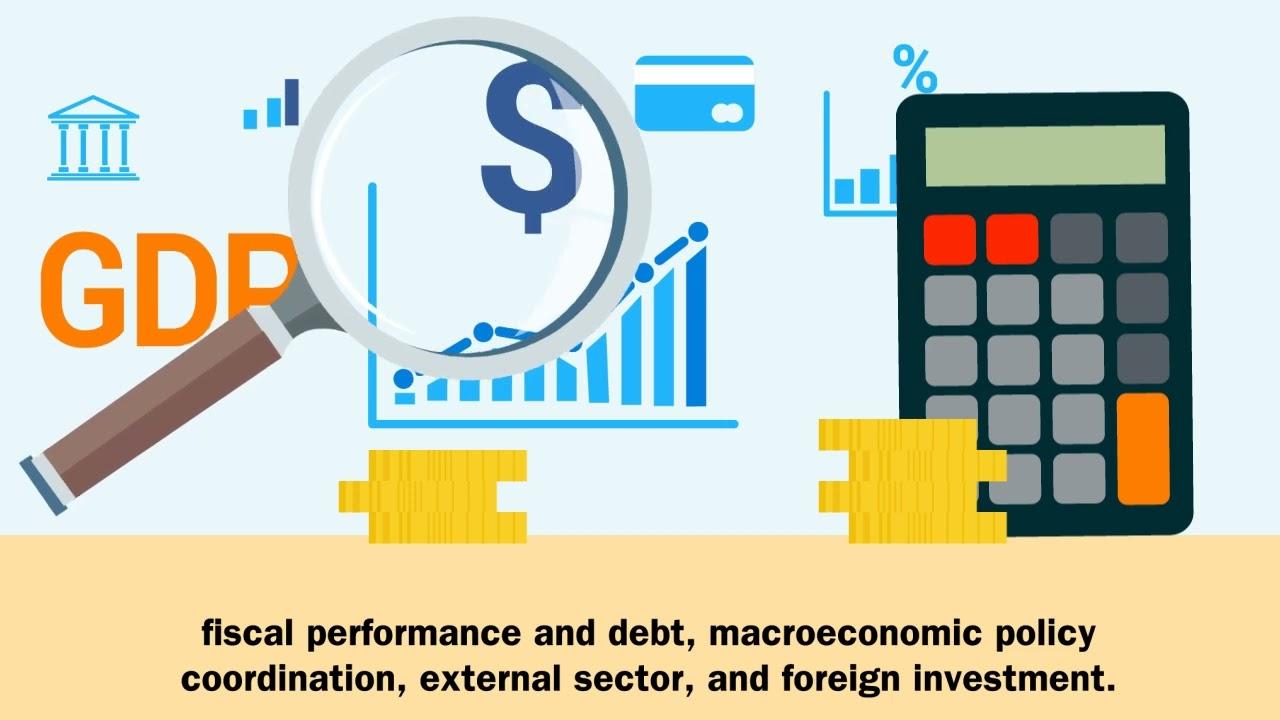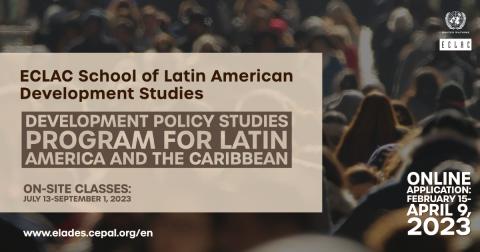Announcement
(22 April 2010) The recent global crisis has left a historical void that offers the opportunity to strengthen national capabilities and redefine the international insertion of countries in the region, said Argentine economist and academic Aldo Ferrer in delivering the Ninth Raúl Prebisch Lecture at ECLAC headquarters.
"The collapse of money and the profound imbalance of the system after the crisis has left a historical void in which economic orthodoxy has been discredited, revealing its inability to generate viable national policies," asserted Ferrer in his presentation "Development and Globalization: Prebisch's Approach Today".
In her welcoming words, ECLAC Executive Secretary Alicia Bárcena coincided with Ferrer in that the development model that has reigned in the region over the past 25 years "seems to have been disfigured after the recent financial and economic global crisis".
"It's not about more or less regulation. It's about a model of development that lay bare all of its defects," said Bárcena.
"The fundamentalist view that only one economic policy is possible suggested that the State was an obstacle for development that had to be combated, shrunk and pushed into the corner. Today we realize that it was an enormous mistake," she asserted.
In this scenario, the main conditions proposed by former ECLAC Executive Secretary Raúl Prebisch (1950-1963) as indispensable for attaining national development are fully valid today, agreed Bárcena and Ferrer.
"'The validity and currency of the State and the irreplaceable importance of national densities - understood as a set of circumstances that determine the quality of the response of each country to the challenges and opportunities posed by globalization- are indispensable for facing current and future challenges with a long-term perspective," said the Executive Secretary of ECLAC.
"Prebisch's great legacy were three main ideas: that we have to rebel against the hegemonic thinking of the power centers, that countries need deep structural changes and that it is always possible to transform reality by deploying our capabilities and talents. These ideas preserve their validity today, sometimes even more so now than at the time," said Ferrer.
Prebisch always looked at the link between the internal conditions of a country with the global context and was concerned about how national capabilities could be strengthened in light of the challenges and ties of the world order and the penetration of the centers of power, today called globalization, he remarked.
The quality of the response to the challenges and opportunities of globalization is decisive in determining the success of a development model, but these responses depend on the strength of each country's national density, Ferrer said.
This national density is defined by the level of social integration and inclusion, the quality of leaderships, long-term institutional and political stability and a critical thinking that doesn't succumb to the criteria of hegemonic powers, explained Ferrer.
The Raúl Prebisch Memorial Lecture Series was established in April 2001 to commemorate the 100 year anniversary of the former ECLAC Executive Secretary's birth. Each year, a prominent Latin American intellectual is invited to deliver a lecture in his or her area of expertise.
See also:
For more information, contact ECLAC's Information Services. Email: dpisantiago@cepal.org; telephone: (56-2) 210-2040/2149.



